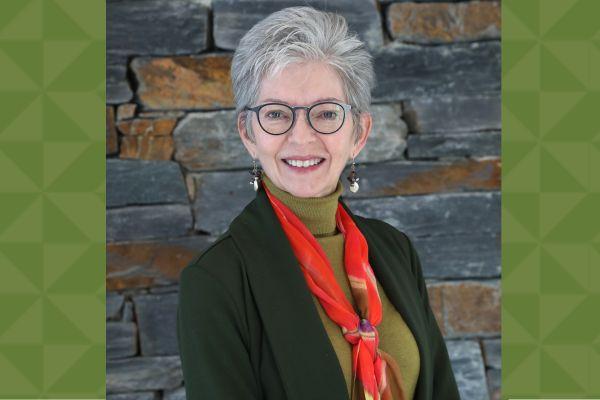
OTD's Weekly Huddle sessions provide protected space to 1) share updates and opportunities from the Division and SOM in a venue that ensures everyone hears the same information, 2) provide additional learning opportunities related to our Division’s commitments, and 3) conduct formal and informal program check-ins.
This year, for example, we dedicated one Huddle per month to a two-year co-curriculum on equity, diversity, and inclusion. Professionals lead the EDI curriculum from the Duke Office for Institutional Equity. The intended learning outcomes are to ensure that each graduate of Duke OTD is knowledgeable in EDI and is capable of delivering inclusive, anti-racist services to all clients and also capable of creating inclusive anti-racist work cultures. None of us is there yet. None of it is ready to transform health and healthcare environments through equity, diversity, and inclusion principles and practices. Yet, we expect that is exactly what the graduates of Duke OTD will do. Thus, we must grow in knowledge and leadership in this space.
Therefore, in August 2023, Dr. Elizabeth Jones, director of Diversity, Equity, and Inclusion for the Duke Office of Institutional Equity, began facilitating a once-a-month Huddle. Dr. Jones is an experienced educator, facilitator, and trainer on various issues related to diversity and inclusion, critical pedagogy, interpersonal and organizational communication, gender and sexuality, and inclusive leadership. She’s also spent the last decade as a faculty member at NC State's Department of Communication in Women’s, Gender, and Sexuality Studies.
We are fortunate to have Dr. Jones help create this novel curriculum at Duke OTD.
I do not know of another occupational therapy program with this level of institutional support for helping us achieve a vital priority of the program.
Hearing about EDI frequently can make some complacent about EDI or the effect of thinking that one’s personal experiences with EDI are sufficient. But especially as occupational therapists, we cannot afford to stop learning and growing.
That is why Diversity, Inclusion, and Belonging are some of our program's six primary knowledge domains. From an occupational perspective, diversity, inclusion, and belonging refer to people being able to access and participate in occupations that are socioculturally meaningful to them and to be accessible to perform the occupations in the ways they are accustomed to. Further, inclusion and belonging derive directly from being able to access and participate in the occupations of one’s community.
Grounded in an ethic of occupational justice, our program aims to cultivate in Duke OTD students an appreciation for the ways people engage in occupation varies across diverse sociocultural contexts; cultural humility that seeks to understand the client’s unique history of doing things in particular ways and a commitment to upholding the rights of all people to engage in the occupations that are meaningful to them in ways that are meaningful to them and to work collaboratively to enable access to and participation in diverse occupations.
Therefore, OTD students must have the highest quality education and hear from the latest experts in the field on these critical EDI subjects.